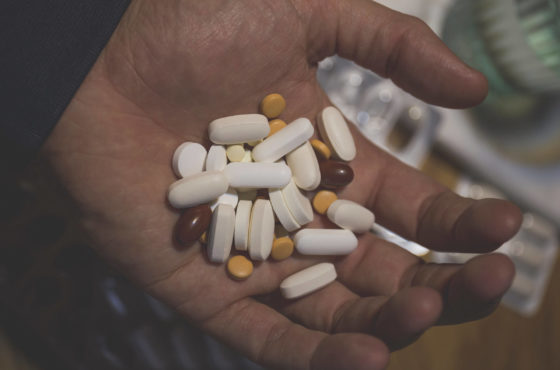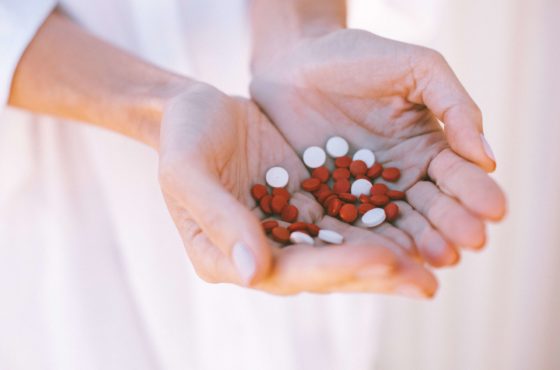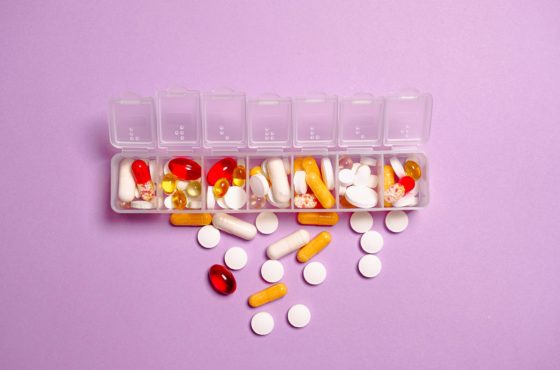The Medicare Part D program pays far more for medications than any other government health program, a report by the Congressional Budget Office (CBO) revealed. The analysis, commissioned by Senate Budget Committee Chair, Senator Bernie Sanders (I-Vermont), found that on average, Medicare Part D pays far more for brand-name drugs as compared to Medicaid.
A Wake Up Call For Congress
“There is no rational reason why Medicare pays nearly three times more than Medicaid and about twice as much as the VA for the same exact medicine,” said Sanders.
Medicare Part D is an optional prescription drug benefit for Medicare enrollees which is provided through private insurers. Most Americans with Medicare are under a Part D plan.
U.S. consumers have long been complaining about the cost of drug prices. Oftentimes, it does harm for their finances. But at times when it doesn’t, their health and well-being suffer the consequences instead.
For instance, plaintiffs in the Opioid Epidemic lawsuits are seeking justice for the myriad of adverse effects they suffered from the highly addictive substance such as respiratory depression, withdrawal, and fatal overdoses, just to name a few.
There is no rational reason why Medicare pays nearly three times more than Medicaid and about twice as much as the VA for the same exact medicine, but that’s exactly what the CBO just found.
Congress must end this national embarrassment. pic.twitter.com/nMtItXZdRd
— Bernie Sanders (@SenSanders) February 18, 2021
One alleged cause for the rise of the epidemic was doctors overprescribing opioids, even for patients whose conditions do not really call for the use of the substance. Many court claims say that some doctors and pharmacists were paid with kickbacks and gifts once they prescribe the drugs, even inappropriately.
The analysis, “A Comparison of Brand-Name Drug Prices Among Selected Federal Programs,” found that, with a sample of 176 top-selling brand-name drugs, the average net price for a 30-day supply of medications was $343 for Medicare, compared to $118 for Medicaid, $184 for the Department of Defense, $190 for the Department of Veterans Affairs, and $272 for the DoD TRICARE retail pharmacy network.
The report added that “the much lower net prices in Medicaid are the result of higher manufacturer rebates in that program than Medicare Part D.” In case of specialty drugs, which usually treat chronic or rare conditions, the average price was $1,889 in Medicaid as compared to $4,293 in Medicare Part D.
“Negotiating directly with pharmaceutical companies will substantially reduce the price of prescription drugs, and it is a national embarrassment that the secretary of Health and Human Services is prohibited from doing that on behalf of the more than 40 million Americans who get their prescription drug coverage from Medicare Part D,” Sanders declared. “It is time for Congress to take on the greed of the pharmaceutical industry and require Medicare to negotiate lower drug prices.”
Taking On The Pharmaceutical Industry
The findings of the report complement a recent Government Accountability Office (GAO) study, also commissioned by Sen. Sanders, found that in a “sample of 399 brand-name and generic prescription drugs, the VA paid an average of 54% less per unit than Medicare, even after taking into account rebates and discounts.”
The 2017 GAO study also revealed that the VA paid 50% less for 233 of the medicines and at least 75% less for 106 of them.
Sanders has been taking on the pharmaceutical industry with legislative proposals. In 2018, he and Rep. Ro Khanna (D-Calif.) unveiled the Prescription Drug Price Relief Act, dubbed by the Social Security Works as “Big Pharma’s worst nightmare.”
“The bill would cut prescription drug prices in half by pegging prices in the United States to median drug prices in five major countries: Canada, the United Kingdom, France, Germany, and Japan,” Sander’s office said while highlighting the legislation in response to the recent CBO report.


